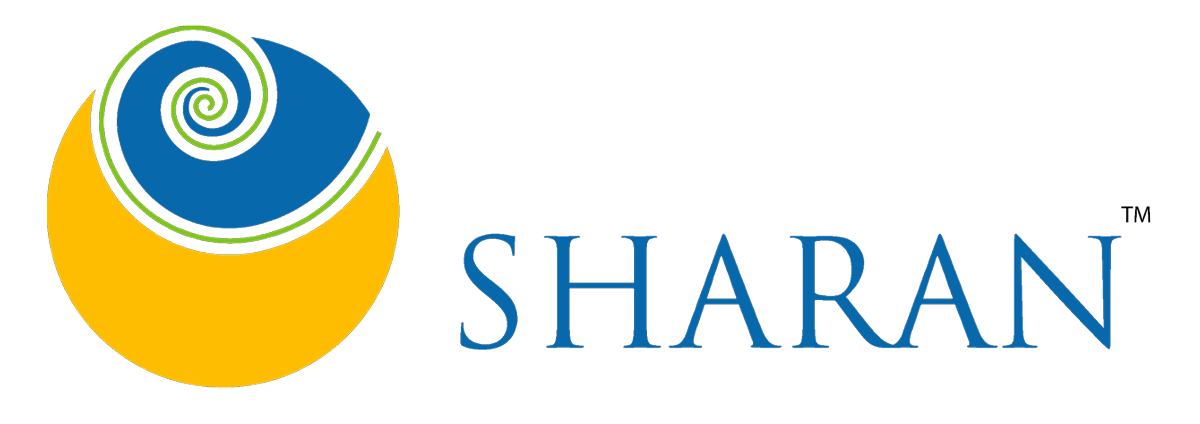|
Seaspiracy

According to the UN, the ocean is the ‘world’s greatest ally against climate change’ because it is the earth’s biggest carbon sink and absorbs 25% of all carbon dioxide emissions. Witness what’s actually going on in the oceans of the world by watching Seaspiracy, an amazing eye-opening documentary on Netflix.
|
|
Yam ‘Fish’ Curry
Unbelievably, yam tastes a lot like fish. With the right spices, you can enjoy this dish without harming your health or a sentient being. Give it a try.
Ingredients
- ½ kg elephant foot yam (suran), peeled,
- cut into thin squares and steamed
- 1 tsp turmeric (haldi) powder
- 1 tsp unrefined salt
- 4 pieces kokum
- 2 cups water
- 1 sprig curry leaves or fresh coriander leaves, to garnish
For the Masala
- 1 tsp fenugreek seeds (methi dana)
- 1 cup sliced onions
- 2 tbsp minced unpeeled ginger
- 1 tsp minced garlic
- 4-5 Kashmiri red chillies
- 1 tsp mustard (rai) seeds
- ¼ cup grated fresh coconut
Method
Roast all the masala ingredients together, except coconut, until golden. Allow to cool and take them in a blender. Blend adding fresh coconut and a little water, to a fine paste.
Heat a pan, add half a cup of water, add steamed yam, turmeric powder, salt, masala paste and kokum and mix well. Add 1½ cups water and let the mixture come to a boil. Cook for 5 minutes. Turn the heat off. Add curry leaves or coriander leaves as garnish and serve.
Serves 2-4
Food For The Mind

FACEBOOK SUPPORT GROUP
If you love Facebook, then join us to be supported on your plant-based journey. We offer 2 possibilities.
1. SHARAN India is SHARAN’s main Facebook page which you can like and follow for getting useful daily updates and news from the plant based health world. You will also get news about the latest SHARAN events, see testimonials, and more.
2. SHARAN’s Vegan Support Group is an open support group to know more about vegan/plant-based lifestyle. Here you can ask questions and share inspiring stories, tips, recipes, etc.
All our doctors and presenters will be here to answer your questions and give you tips. If you have attended our events join this group to be a part of our family.
Please like the main SHARAN page and join the group(s) applicable to you.
|
